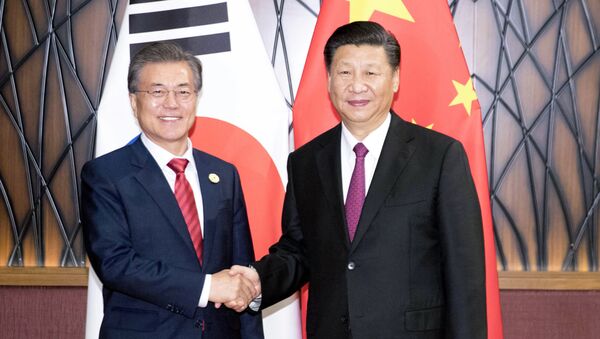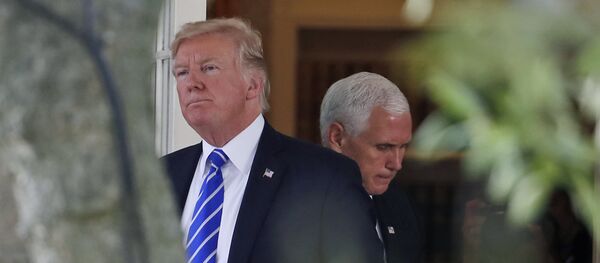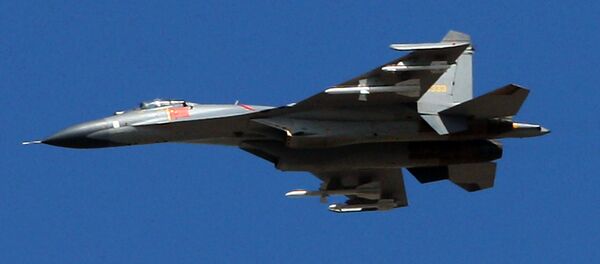"Over the past 25 years, South Korea-China relations have achieved extraordinary development in the economic sector, but their relations in the political and security sectors fell short of such development," Moon said, Korean news agency Yonhap reported. "I will work to develop South Korea-China relations in all other areas to put them on a par with the development in the economic sector, so the South Korea-China relations will not falter due to external factors."
Though South Korea has promised that the system will not be used to spy on and monitor China's military bases and operations, this hasn't done much to put Beijing at ease. A China Daily editorial from December 13 pointed out that "pleasant as it will no doubt be to the ears of his hosts, [Moon's]promise not to use the Terminal High-Altitude Area Defense anti-missile system for purposes other than preventing nuclear/missile threats from Pyongyang, will be difficult to verify in practice." The editorial ignored Moon's economic refrain and instead urged political and military engagement.
But Moon has ambitions. "As soil hardens after the rain, I wish my state visit will help restore trust between the two countries and open a new era for the South Korea-China relationship," he said.
Moon proposed new principles for Seoul and Beijing to cement ties.
"If the two countries have built a waterway for friendship and cooperation over the past 25 years, the next 25 years is when they must sail the ship of co-prosperity. China's prosperity helps that of South Korea, and South Korea's prosperity helps that of China. The two countries share the same fate and must prosper together," he added.
Though Moon and Chinese President Xi Jinping are expected to meet Thursday, the two leaders will not be issuing a joint statement, the South China Morning Post reported. Instead, both presidents will make separate statements to the media.
Following the THAAD agreement, China issued a travel ban on Chinese travel agencies booking vacations in South Korea. The ban ultimately caused Seoul to lose roughly $4.5 billion in revenue.




